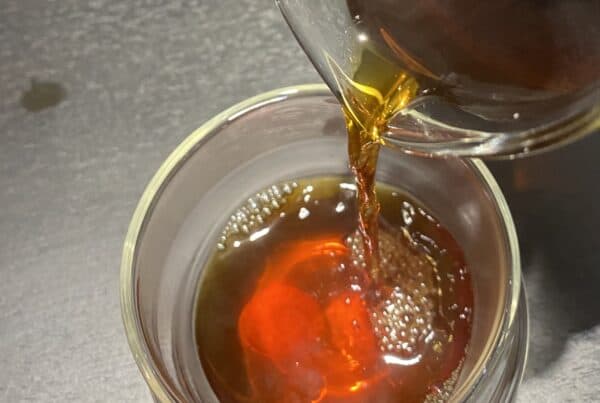Firstly, before I start talking about “black tea”, I am referring to tea without milk, so that could be white, green, or black tea.
The big question about black tea, alongside dark chocolate and some berries and apples, too is whether they contain flavanols. A recent 3-year study suggested that some people in their early 70s had much better brain function when they had enough flavanols in their diet. Before delving further into this, If you already have a Flavanol-rich diet, you are fine. This is a subliminal article to encourage you to buy better tea and try it without any sort of milk, mylk, sugar, or sweetener.
What is a Flavanol?
Flavanols are a sub-class of polyphenols. Polyphenols occur naturally in a number of cereals, fruits, and beverages. According to the many random sources I have used to acquire this shallow list of facts, coffee alone can give you half of the polyphenols you need in a day, as long as you drink enough of it. One of my favourite facts about polyphenols is that they include tannic acid, which is where the benefit of drinking tea comes from and also oak-aged red wine, in moderation, of course!
What does a polyphenol do for me?
Polyphenols, work alongside other vitamins and minerals that you/ we should already be consuming to reduce inflammation. I don’t have the data to back up the claims of how life-savingly amazing they are, but I hope that you get the idea…
The moral of the story is that if you consume the right amount of flavanols, you might well have a better cognitive function in your 70s and beyond, and if you needed an excuse to drink good coffee, tea, or oak-aged red wine, it’s here!


